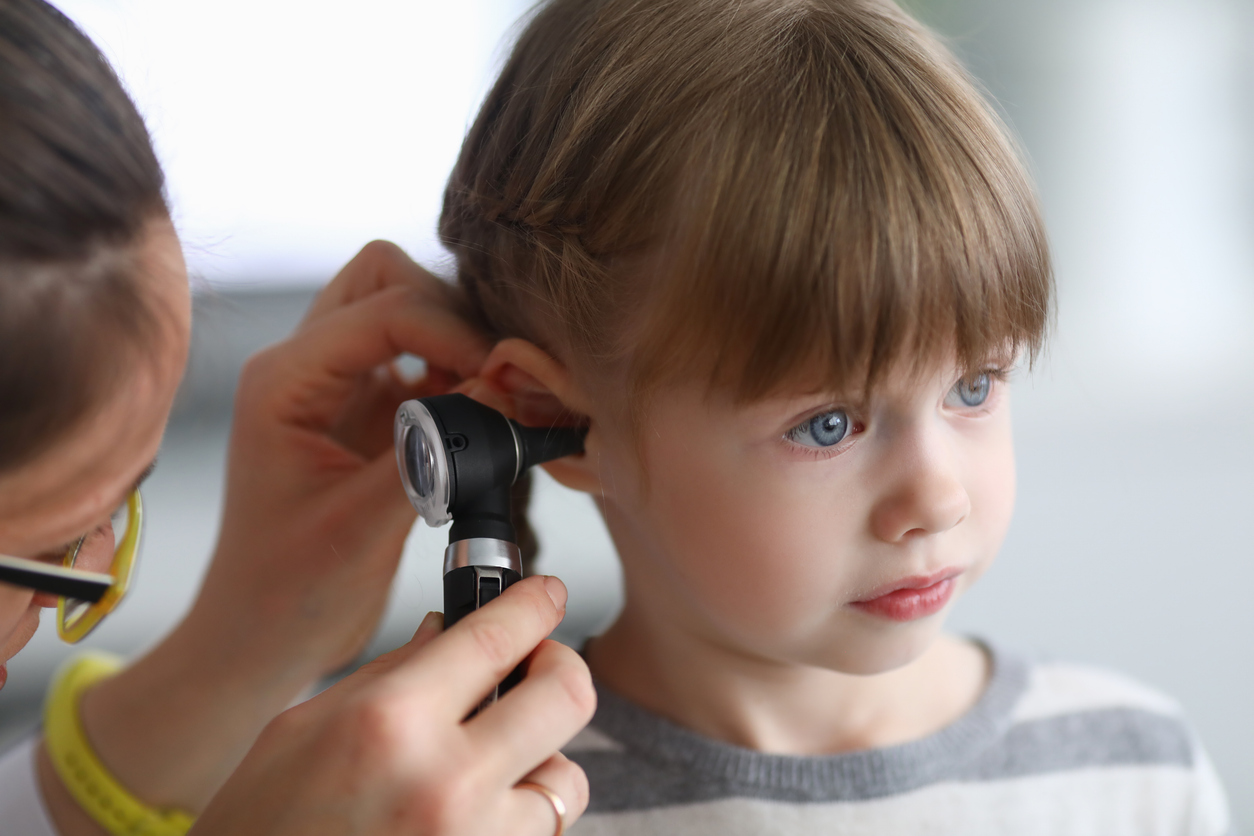Auditory Processing Disorder (APD) Assessment & Management
What is Auditory Processing Disorder
Auditory Processing is a complex system that relies on many inputs working together. If any part of the processing chain is not working properly, then listening becomes difficult. To process sound, the ear and the brain communicate with each other. But if there is interference in the signal, noise, a time delay, or decoding issues, then this can compromise our listening and communication, and affect our understanding of the message. This can lead to distraction, frustration, misunderstanding and confusion. Auditory Processing difficulties can be assessed and helped when given sufficient time and the appropriate tools and training.
Assessing a child’s auditory processing ability helps identify weaknesses in their information processing skills that may contribute to a child’s poor verbal communication, poor attention, disruptive behaviour in the classroom, or their slow school progress.

The Assessment Process
The Auditory Processing (APD) assessment takes 90 minutes. A Medicare rebate is available when a GP referral is provided.
A detailed report of the results of the assessment, management options and recommendations is provided after the appointment.
APD assessments can be done for children, adolescents and adults with the following:
- Have no known hearing loss
- Are over 6 years old
- Have normal or near normal intelligence
- Can repeat English words and sentences
Help for Children with Auditory Processing Disorder (APD)
Following an APD assessment, the management options for children with auditory processing problems may include:
- Strategies for parents to improve a child’s listening and attention at home
- Strategies for teachers to assist a child’s listening in the classroom
- Using a listening device in the classroom
- Working with other specialists, like a speech pathologist, educational coordinator, and child psychologist
- Using computer-based training programs to improve memory and auditory processing skills.
The Audiologist at Alpha Hearing will advise which option is suitable for your child.
Training Programs for Auditory Processing Skills
There are a number of specialised interactive computer and App programs that train tonal awareness, memory, dichotic listening, spatial processing and other core auditory skills essential for listening, reading and learning. Different programs are required for different weaknesses in auditory processing abilities. The audiologist will outline which program is suitable for your child after their assessment.
Listening Devices in the Classroom
Many children with problems listening in noisy places benefit from using a listening device in the classroom. A listening device can be worn as a personal listening device on the child’s ear or used around the classroom like a sound field. A personal listening device amplifies the teacher’s voice and sends it directly to the child who is wearing a small receiving unit.
Ask the Audiologist at Alpha Hearing for more information about these classroom listening devices, which can offer the following benefits:
- Better understanding and recall of instructions
- Complete more work during school time
- Less exhaustion at the end of the day
- Increased concentration in class
- Less distraction in the classroom


